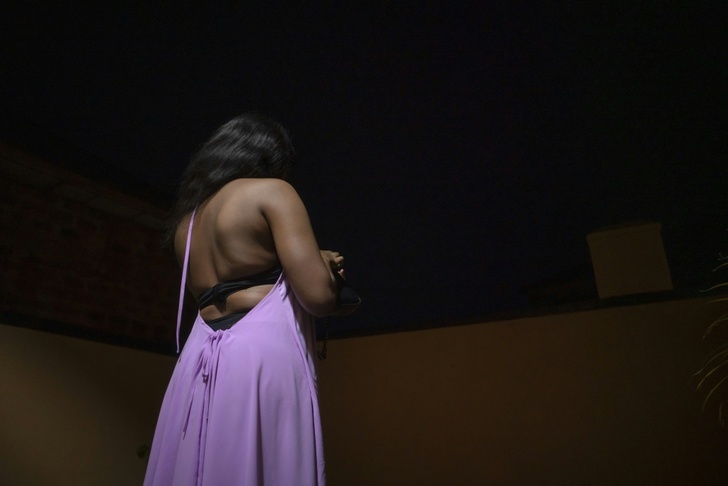"They are going to arrest us because I cannot pretend to be what I am not," said Alex, a gay man in Uganda, where MPs last week passed what has been criticised as among the world's harshest anti-gay legislation.
The proposed law, known as the Anti-Homosexuality Bill 2023, is ready to be sent to President Yoweri Museveni, who is facing calls from the United Nations and the United States to reject it.
The bill was passed in a chaotic parliamentary session with many amendments, and neither lawmakers nor analysts are clear about what exactly the legislation dictates.
If Museveni gives his assent, anyone who engages in same-sex activity could face life imprisonment while repeat offenders could be sentenced to death, according to activists.
Campaigners note Uganda has effectively ended the use of capital punishment, with death sentences automatically commuted to prison terms.
But that is cold comfort to LGBTQ Ugandans like 19-year-old Alex -- whose name, like that of other interviewees, has been changed for safety reasons.
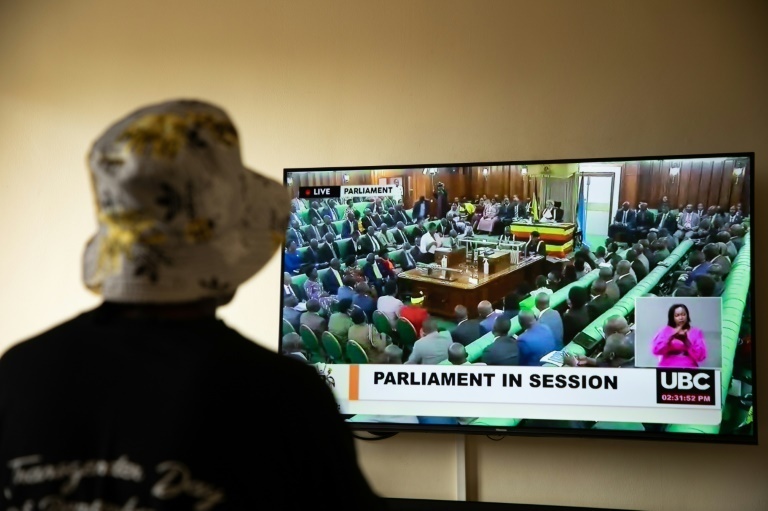
Online messaging groups provide a measure of comfort and solidarity but are also a constant reminder of the threats facing queer Ugandans.
From neighbouring Kenya to distant South Africa and stretching to Europe and North America, LGBTQ Ugandans who have already gone into exile trade tips and advice on finding safe spaces and navigating immigration bureaucracy.
"I would really love to leave Uganda," said Alex, who shares a tiny apartment in a suburb of Kampala with three flatmates, its curtains perpetually drawn to avoid prying eyes.
"I don't know if I'm safe and I don't deserve to die because I'm being who I want to be," he said.
"On the other hand, I feel like we're supposed to fight for our freedom... if not us, who's going to fight for our freedom?"
- 'Too scared' -
Uganda has been here before.
A 2014 anti-gay bill signed into law by Museveni stoked fear and triggered cuts to international aid from Western nations, before a court struck down the legislation on a technicality.
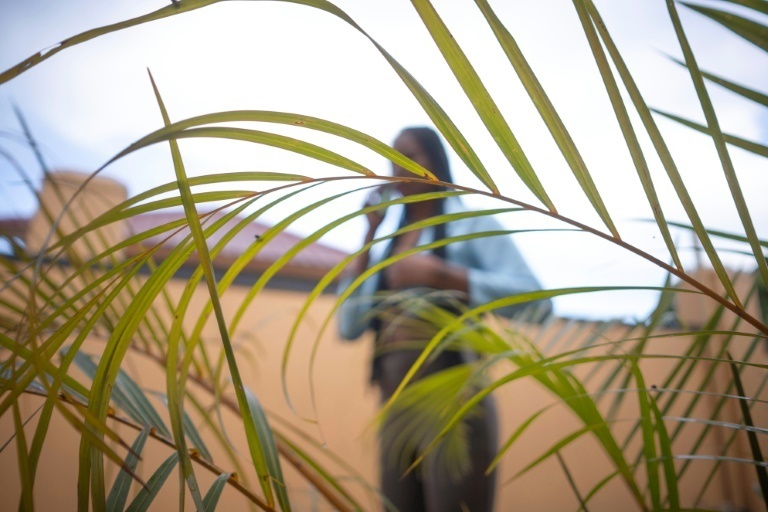
"The passing of this discriminatory bill -– probably among the worst of its kind in the world –- is a deeply troubling development," UN High Commissioner for Human Rights Volker Turk has said.
And the White House has already warned of possible economic repercussions if the law is enacted.
In recent months religious and political leaders have shared baseless conspiracy theories about gay people targeting children at the behest of shadowy international forces.
"Because of the way Ugandans have been radicalised, this time (the situation) is worse", said Frank Mugisha, executive director of Sexual Minorities Uganda, a gay rights organisation whose operations were suspended by the authorities last year.
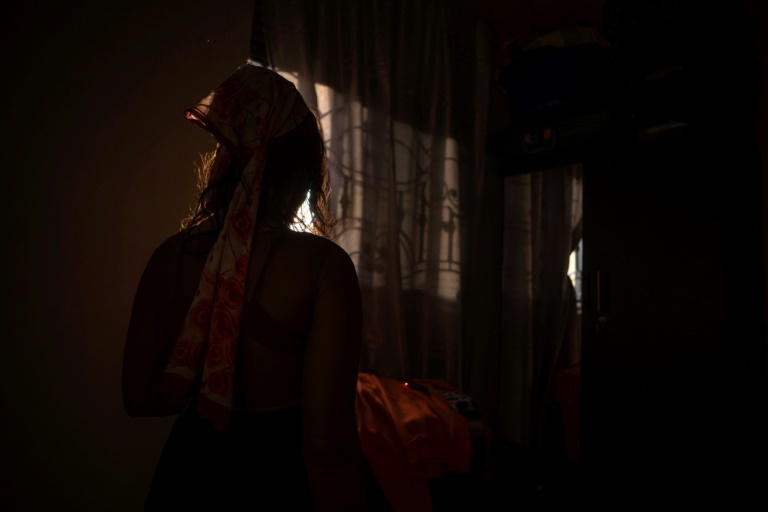
"One guy in a corporate job has been told by his boss that if the president signs the bill he will be fired."
But many of Uganda's neighbours are also cracking down on gay rights, with politicians in Kenya and Tanzania warning against any efforts to raise awareness of LGBTQ issues.
And making it to the West isn't easy, even for those with the cash to fund the journey.
Philemon, who owns a bar in Kampala, has tried to leave Uganda to join his partner in Denmark but has twice been denied a visa, straining their relationship.
His partner used to visit him every six months, but is now "too scared to come to Uganda", the 25-year-old told AFP.
- 'Deserve to be happy' -
The lack of clarity in the legislation is also causing concern.
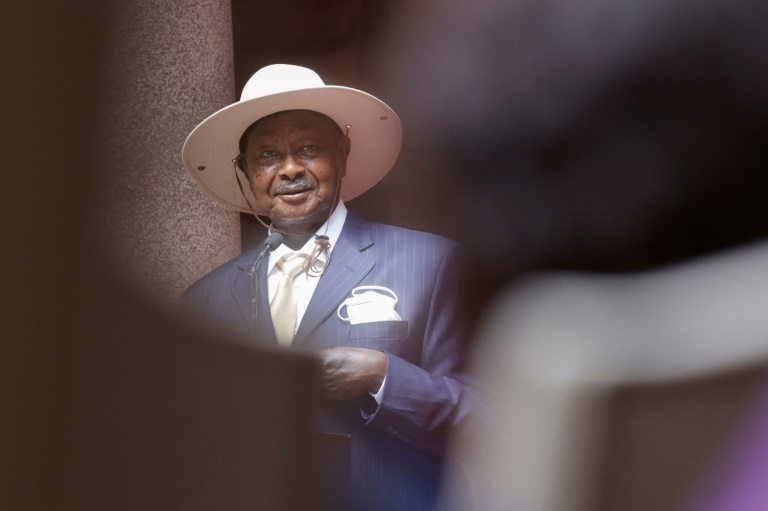
"That empowers people to extort people," he told AFP, his clenched hands betraying his anxiety.
The legislation also puts the friends and family of LGBTQ Ugandans at risk, compelling citizens who suspect a person "intends to commit the offence of homosexuality" to report the matter to police or face six months' imprisonment.
During his interview with AFP, Alex teared up as he contemplated the dilemma facing his mother.
"She knows I'm gay. She's supportive and worries about me but if this becomes law I just know she's going to give me (up)."
Like other LGBTQ Ugandans, the teenager is trying to leave the country, but has few options.
"I was just getting to meet new people and getting comfortable with my sexuality and then all of this (happened)."
"Don't I deserve to be happy?"
bur/amu/txw/bp
© Agence France-Presse
Your content is great. However, if any of the content contained herein violates any rights of yours, including those of copyright, please contact us immediately by e-mail at media[@]kissrpr.com.
Source: Story.KISSPR.com

